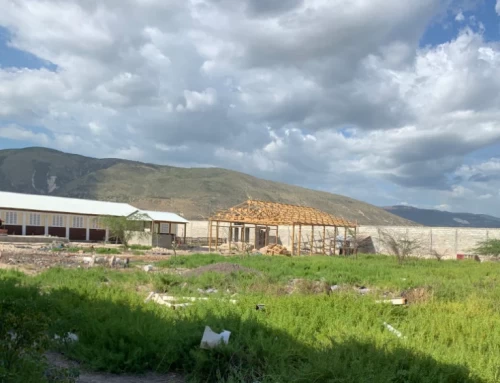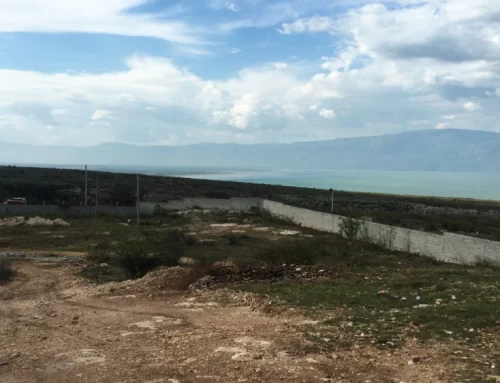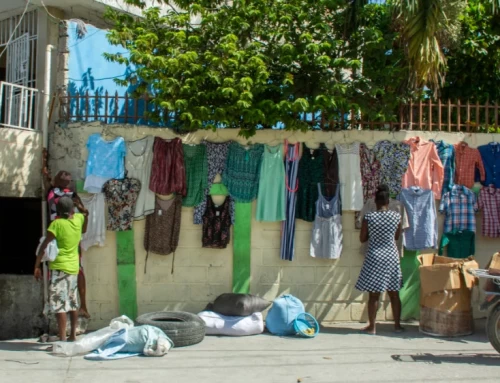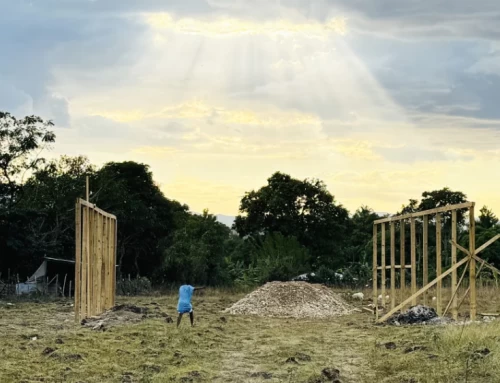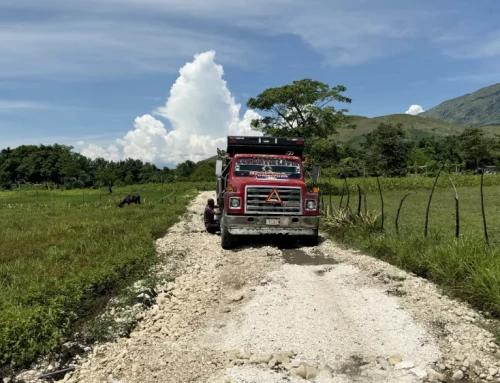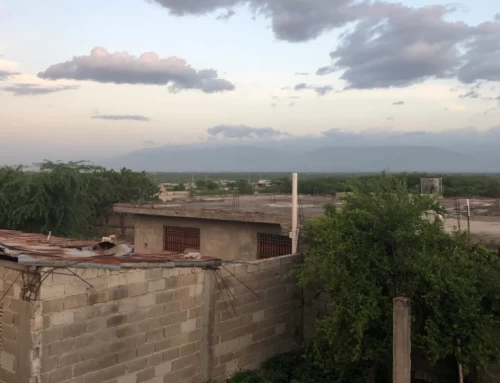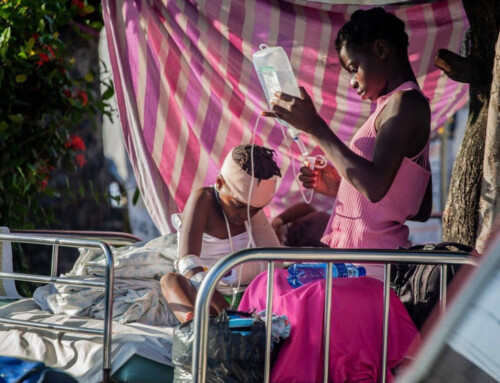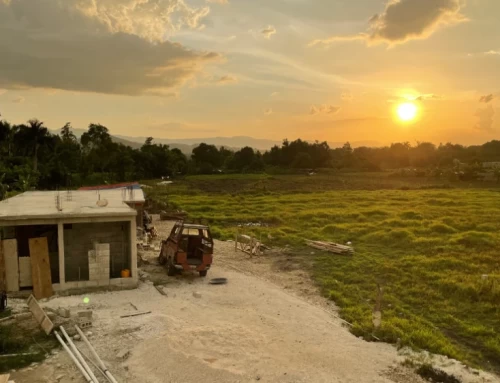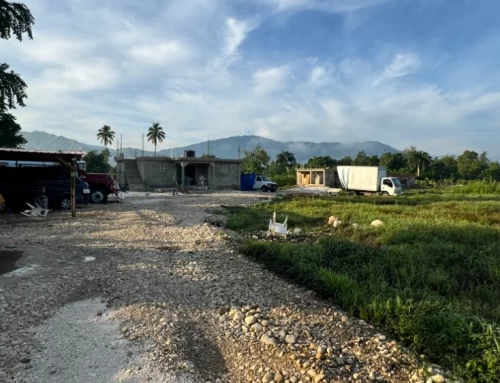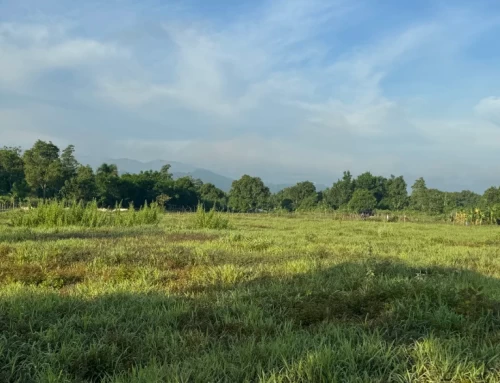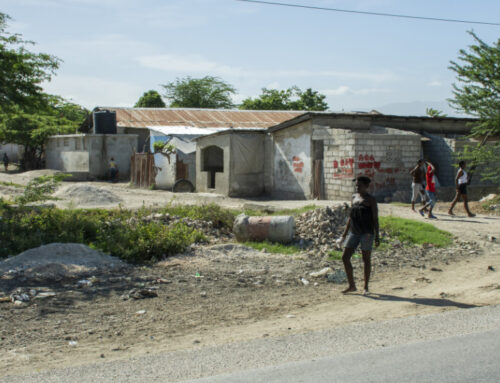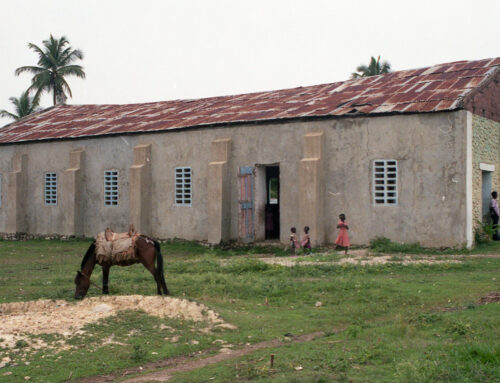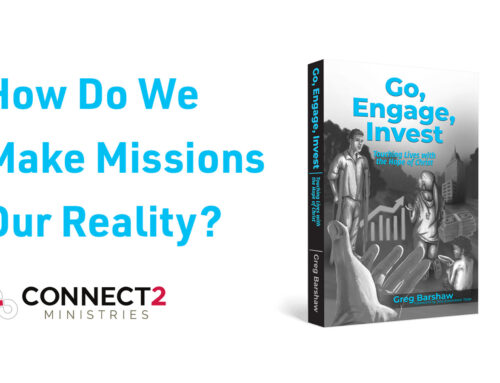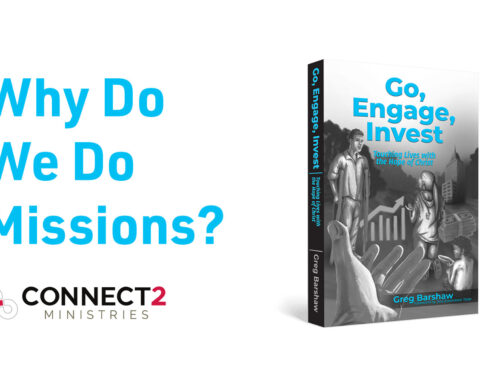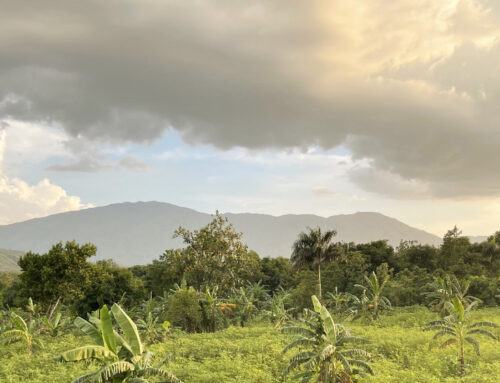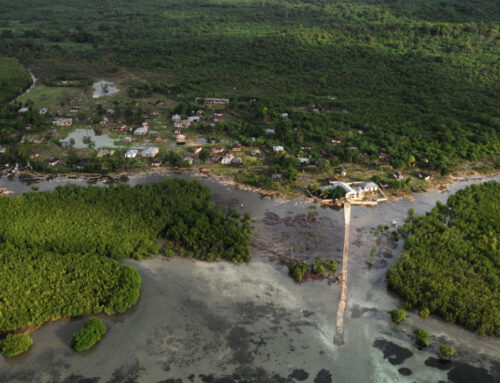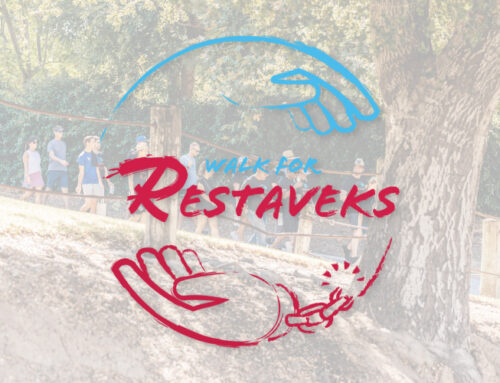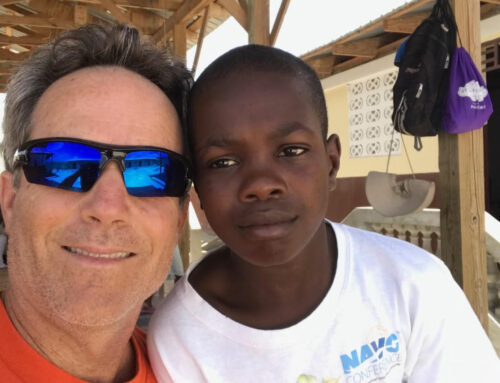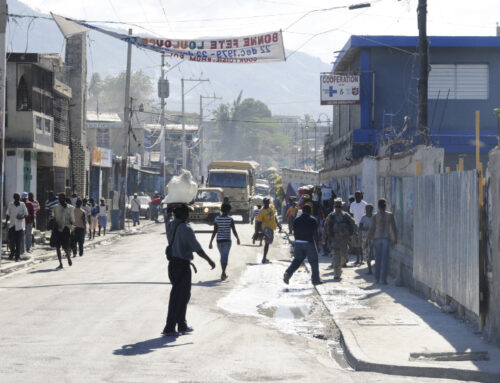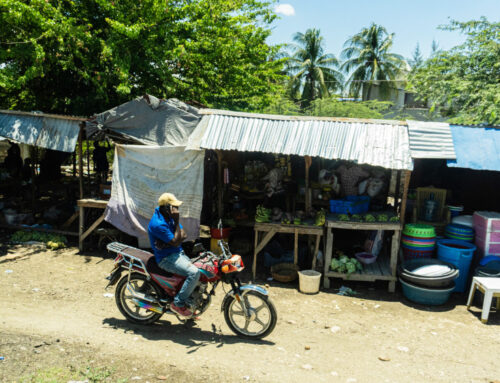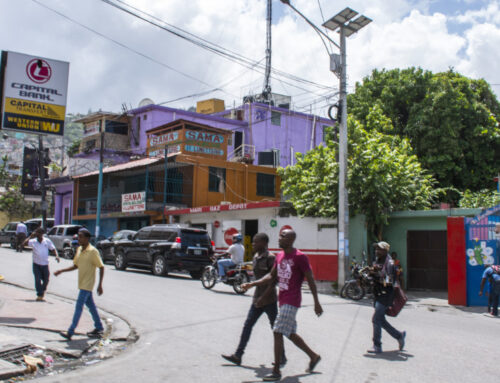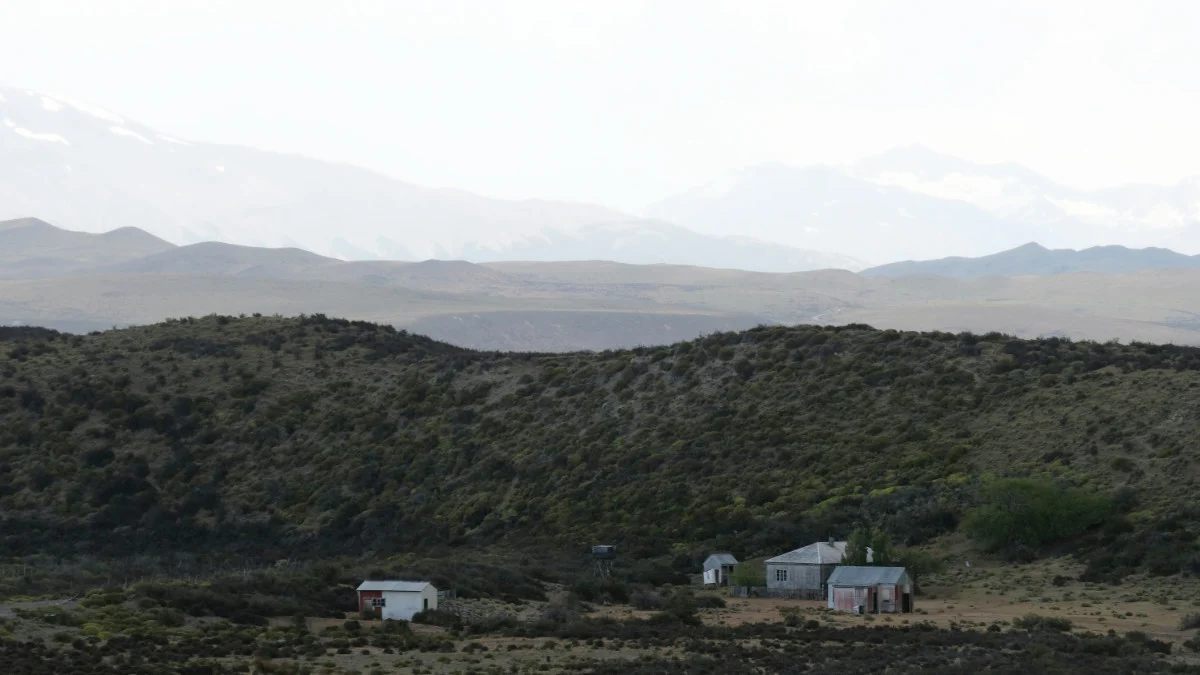
Whatever cultural or missions context you find yourself in, some things remain consistent. One of these things is the role of the church in reaching out to the lost rather than passively hoping they’ll come to us. Differences in culture are real, but they affect methodology, not foundational principles—the how, not the what, of biblical ministry.
Ministry in Western Europe, for example, is less needs-based and more crisis-based than ministry in a third-world region. Wealthy cultures stand less affected by poverty, disease, and other issues that characterize life in developing countries, and that determines what ministry opportunities will look like. But the issue never has to do with redefining the principles of missions—Jesus told us in Matthew 28 to go and make disciples, and that is our call in any context. The question instead is “How?” How can we reach outward in practical ways to touch the lost with the hope of Christ?
Our founder, Greg Barshaw, has talked about his experiences serving in missions in South America. In both Chile and Argentina, the focus was pastoral training and community outreach. In Chile, this looked like meeting needs in the barrio areas, taking food to the poor and providing medical aid along with other practical help. In Argentina, this involved addressing issues like family crisis that appear more often in wealthy contexts. Physical need is still there—it might not be starvation, but medical need is a reality in any context—but overall, first world issues have more to do with spiritual and emotional need than with tangible need.
This difference in culture is one of the reasons that the gospel grows so quickly in the third world. Need is much more tangible, and it is easier to grasp spiritual need because of it. Jesus taught that it is hard for the wealthy to turn to Him because their needs are more hidden. Externally, life is good, and the cultural realities of wealth make it easy to fall into the trap of trying to create heaven on earth. In the third world, people know that life is hard—they live in a state of suffering, and they face each day with no reason to think that their reality will change. The hope of heaven has a power for people in these circumstances where it is harder to have this mindset as someone whose life is full of comfort and convenience.
Material realities have the power to influence all of us, but the call of the gospel is to look beyond what this world has to offer and see Christ, the fulfillment of every need, desire, and lack we find within ourselves and the world around us. He alone can give us rest, and this is the truth we communicate in any missions context.
To learn more about making missions a reality in your life, check out Greg Barshaw’s book, Go, Engage, Invest: Touching Lives with the Hope of Christ.
Share This Story!
Join Our Email List!
Get our blogs delivered directly in your email, don’t miss an opportunity to read about our mission to save children and bringing the Gospel to Haiti.

